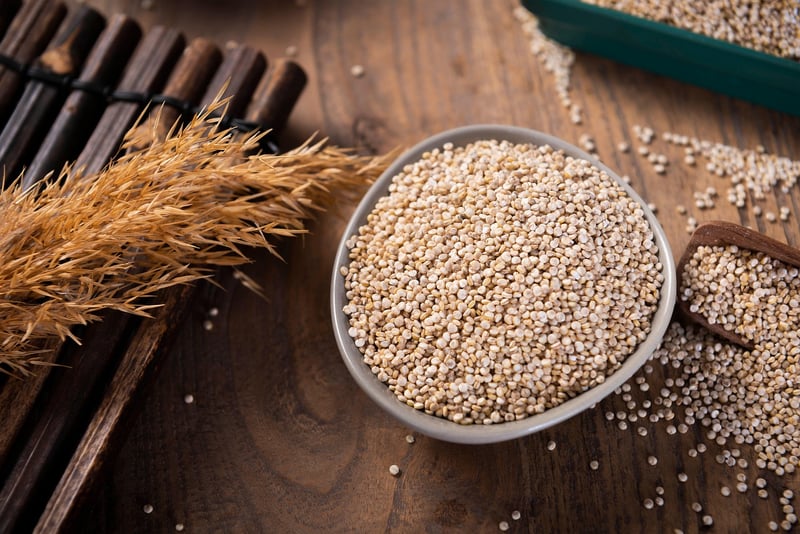Plant-based Alternatives
Key Components of a Plant-Based Diet
A plant-based diet is gaining popularity due to its numerous health benefits and positive impact on the environment. By focusing on plant-derived foods and reducing or eliminating animal products, individuals can improve their overall well-being. Let's explore the key components of a plant-based diet and discover some delicious plant-based alternatives.
1. Fruits and Vegetables
Fruits and vegetables are the foundation of a plant-based diet. They are rich in vitamins, minerals, antioxidants, and fiber. Incorporating a variety of colorful fruits and vegetables into your meals ensures you get a wide range of nutrients essential for good health.
2. Whole Grains
Whole grains like quinoa, brown rice, oats, and whole wheat provide complex carbohydrates, fiber, and essential nutrients. They are excellent sources of energy and help maintain a healthy digestive system.
3. Legumes and Pulses
Legumes such as beans, lentils, chickpeas, and peas are protein-packed foods that are essential for a plant-based diet. They also contain fiber, iron, and other important nutrients, making them a valuable addition to meals.
4. Nuts and Seeds
Nuts and seeds are great sources of healthy fats, protein, vitamins, and minerals. They can be sprinkled on salads, added to smoothies, or eaten as a snack to boost your nutrient intake.
Plant-Based Alternatives
1. Plant-Based Milk
Instead of cow's milk, try plant-based alternatives like almond milk, soy milk, oat milk, or coconut milk. These options are lower in saturated fat and cholesterol, making them heart-healthy choices.

2. Meat Alternatives
Replace meat with plant-based alternatives such as tofu, tempeh, seitan, or plant-based burgers. These options provide protein and can be seasoned and cooked to mimic the taste and texture of meat.

3. Plant-Based Protein Sources
Explore protein-rich plant foods like quinoa, lentils, chickpeas, black beans, and edamame. These sources offer essential amino acids and are versatile ingredients for creating satisfying meals.

Embracing a plant-based diet can lead to improved health outcomes and a reduced environmental footprint. By incorporating these key components and plant-based alternatives into your meals, you can enjoy a nutritious and delicious way of eating.
